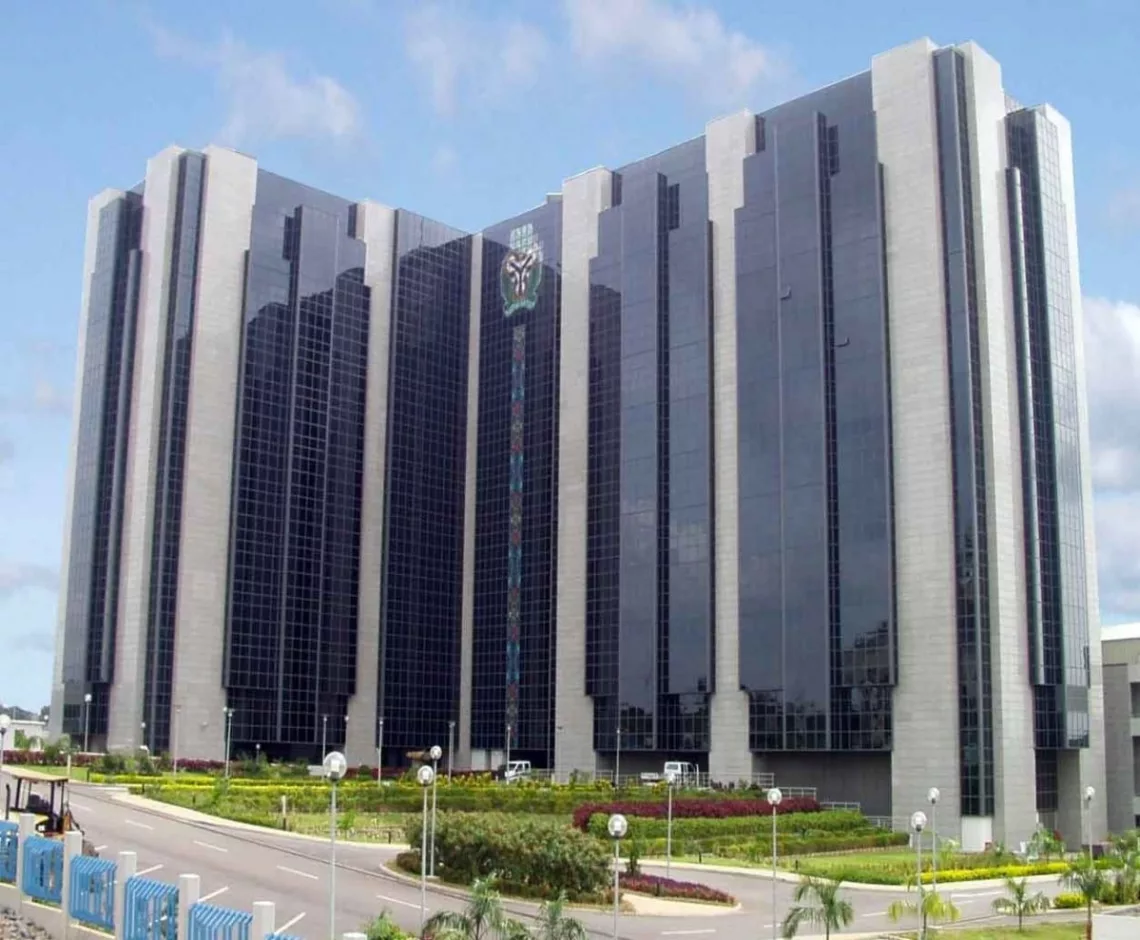Banking services have in recent years become more efficient with the aid of technological advancement and with artificial intelligence gaining more ground everyday, accessing one’s bank account is increasingly becoming easier.
However with the advancement comes the risk of fraud as fraudsters have continued to expand the various channels through which they can steal the funds of unsuspecting bank customers. They have continued to invest in diverse methods to defraud unsuspecting bank customers of their funds.
As banks seek new ways to satisfy their customers through technological advancements, fraudsters have likewise continued to find new ways to bait customers.
With everyone in festive mood, fraudsters use the relaxed atmosphere to defraud unsuspecting bank customers, most of who are less guarded about the safety of their funds
To ensure that their customers do not become prey to fraudsters, banks have severally sent out messages and advertorials educating their customers on ways through with the fraudsters operate. Customer are advised on the best way to protect them selves and their funds from fraudsters.
One of the key messages that is sent by banks asides ensuring that they do not disclose sensitive information to third parties is prompt notification to the bank upon loss or theft of sensitive items such as ATM card, sim card of phone that is linked to one’s bank account and compromise of bank account details.
Sensitive account details can be compromised when customers respond to fraudulent calls or phishing emails and text messages. It can also be compromised when it is revealed to third parties such as family members, neighbours, colleagues and friend.
The bank should also be notified when customers are suspicious of fraudulent activities on their account. Incidents such as receiving one time password (OTP) when no such request has been made or debit alerts when the customer has not made any transactions should be promptly reported.
Also asides notifying the bank upon the loss of bank account token, phone number or sim card that is linked to one’s bank account, customers should immediately call their bank when email address that is linked to their bank account is compromised.
The bank should be immediately notified upon the suspicion that the customers’ bank account vis-à-vis ATM card pin number, mobile and/or online banking applications and other electronic channels have been compromised.
Many bank customers over time have been consistently bombarded with scam emails purportedly from their banks and some have fallen for the tricks of the fraudsters, thereby losing their funds in the process.
The scam emails seek to harvest sensitive information that would compromise the account details of the customers and make their funds accessible to fraudsters. These type of scam is referred to as phishing.
Cybercriminals design emails to look like they came from a legitimate bank, government agency, or organisation. In these emails, the sender asks recipients to click on a link that takes them to a page where they will confirm personal data, account information and other sensitive data. So there is need to watch out for scam emails and ensure that sensitive information such as BVN, date of birth, account password and PIN etc. are not entered on unsecured websites.
Speaking on the recent fraud level in the country, managing director, Nigeria Inter-Bank Settlement System Plc (NIBSS) Premier Oiwoh said, “We have actually tamed down the incidence of fraud we have recovered so many lost funds and we putting formidable systems around our payment infrastructure and financial system infrastructure such that fraudsters cannot penetrate.
“In terms of percentage, it is between 30 to 35 per cent decline, in incidences of fraud. Remember, there are attempts and they are successful ones. The number of attempts is high, which means that they have been attempting but they are not successful and they are the ones that have been successful and so money is taken away.
“In terms of recovery, we also recovered high numbers in terms of the percentage of the monies recovered because of the different initiatives and systems that have been put in place to checkmate all those fraudsters and to track wherever the money is taking into.”





